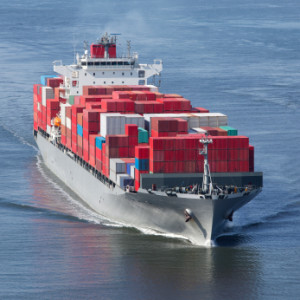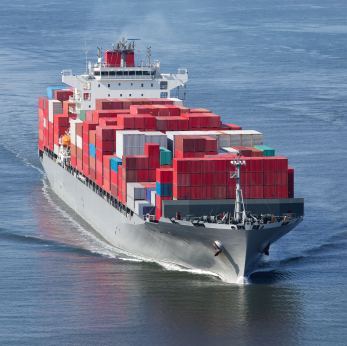 The implementation of the expanded load port survey (LPS) program covering containerized cargoes is still on hold pending resolution of congestion at Manila ports.
The implementation of the expanded load port survey (LPS) program covering containerized cargoes is still on hold pending resolution of congestion at Manila ports.
PortCalls sources at the Bureau of Customs (BOC) said the agency is still awaiting normalization of operations at Manila ports before implementing the program.
The LPS is currently a requirement for bulk and breakbulk cargoes only.
Fermin Barranechea III, country manager of BOC-accredited surveyor Cotecna, in an interview with PortCalls, also confirmed that the program is being held in abeyance.
“Right now, what Customs wants to do is address the port congestion issue,” Barranechea said at the sidelines of the company’s partnership agreement with local firm Elite Inspections & Technical Services, Inc.
“Think about it, if the ports are congested and they (BOC) said, ‘Tomorrow let’s include containerized cargo’ but you’re not able to do advance clearance, what’s the benefit?” Barranechea asked.
“They (BOC) want to make sure that before the program’s implemented, they can really demonstrate to the trade that there is really a benefit.”
Barranechea clarified the difference between pre-shipment inspection — the agreement government had years ago with SGS and now no longer in force — from the LPS.
The Cotecna executive said pre-shipment inspection includes evaluation and tariff classification. LPS, on the other hand, will only involve inspection, with BOC conducting the evaluation and classification.
Once implemented, Barranechea said the LPS will expedite trade facilitation since BOC gets shipment information ahead of time. It will also help curb smuggling, with BOC having the ability to identify goods declared by the importers that do not match the surveyor’s report.
As for cost, Barranechea said this would be driven by market forces and depend on origin of goods.
BOC was initially set to implement the LPS program in June but decided to delay until “practical details” of the plan were ironed out, sources at the agency said.
Customs commissioner John Sevilla earlier said the agency is determined to implement the program.
Some sectors are against the expanded program on account of the cost of inspection being paid by the consignee. They said government should instead foot the bill as was the previous arrangement with SGS. – Roumina Pablo





